At least 16 killed as powerful cyclone hits Bangladesh and India
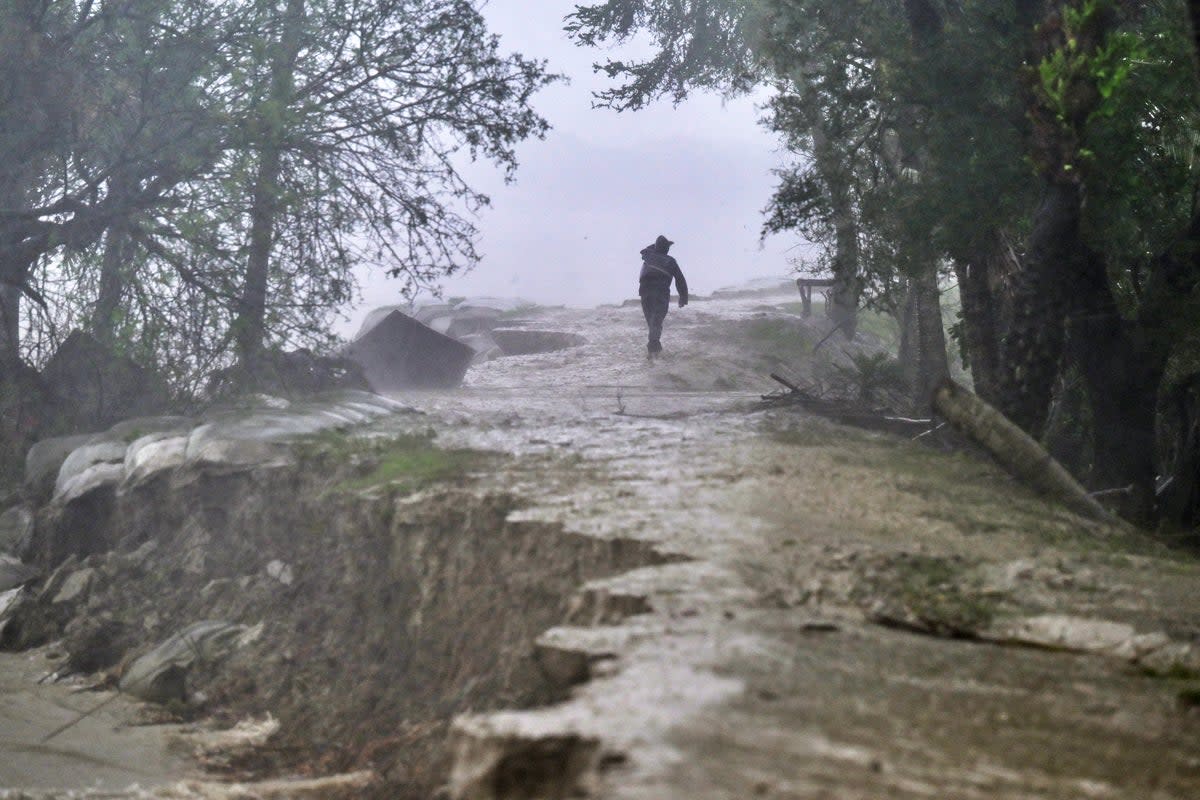
At least 16 people have died and more than a million have been displaced after the first major cyclone of the year ravaged the coastlines of eastern India and southern Bangladesh.
Powerful gales and heavy rains lashed the region after cyclone Remal made landfall on Sunday night, packing speeds of up to 135 kph.
More than 3.7 million people have been affected in 19 coastal districts of Bangladesh, with villages inundated, homes destroyed, power lines snapped, and heavy losses to fishery and vegetation around the port of Mongla.
At least 10 people have been killed in Bangladesh, disaster management chief Mijanur Rahman told Reuters.
Some of them died en route to shelters, some after their homes collapsed and a few drowned in the flash floods brought about by the rains.
"People are usually very reluctant to leave their livestock and homes to go to cyclone shelters," he said. "They wait until the last minute when it is often too late."
Mr Rahman said 35,483 homes have been destroyed and 115,992 damaged.
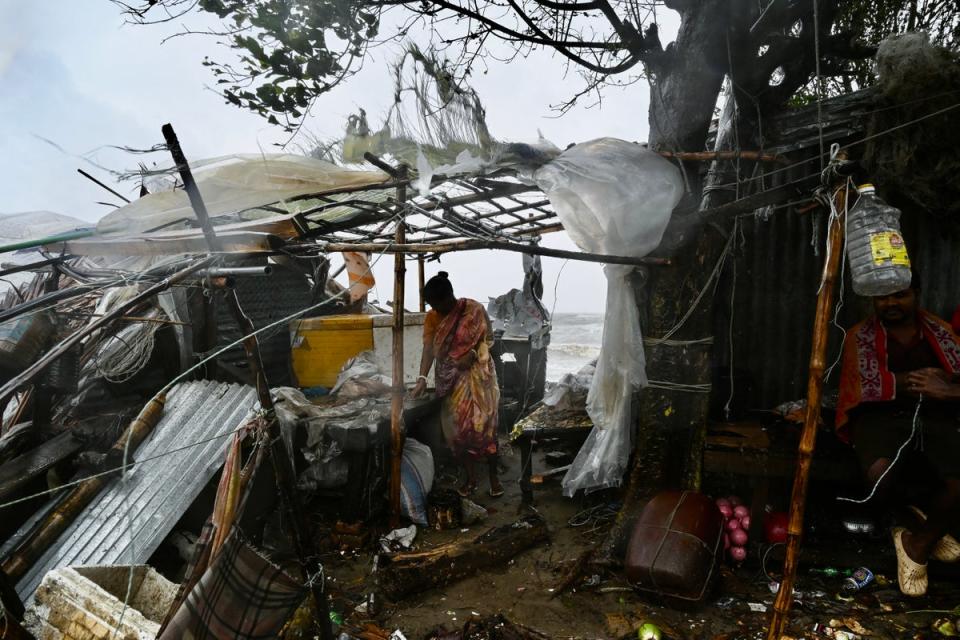
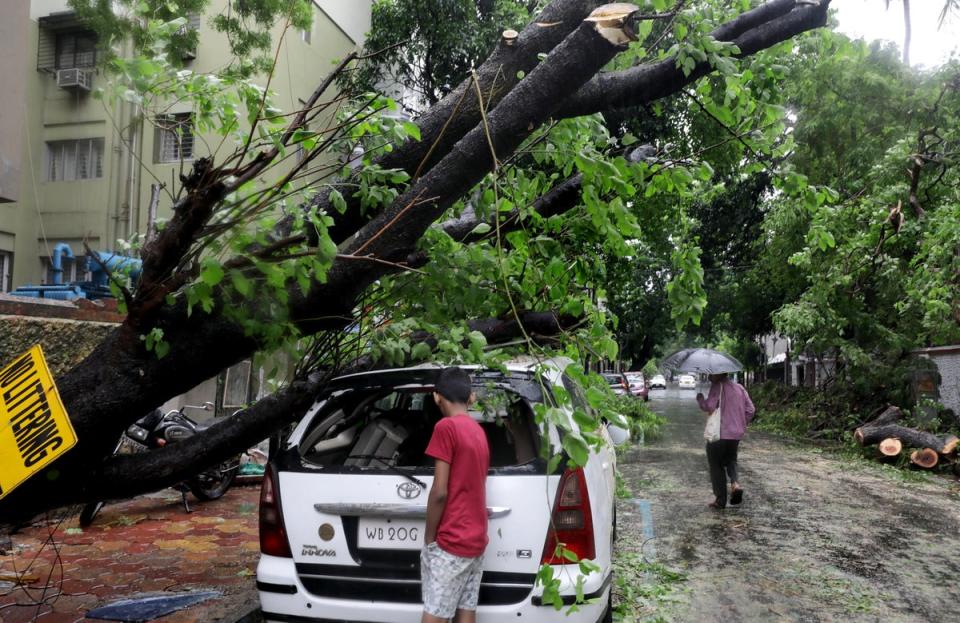
Although the cyclone weakened after making landfall in Bangladesh’s Patuakhali early on Monday, the winds did not stop as night fell and water levels rose in many places, overwhelming the drainage systems.
"Many people are stranded. It will be another long night ahead with millions having no electricity or shelter," Bangladeshi climate expert Liakath Ali said. "And people have no idea how damaged their homes, lands and livestock are."
India’s weather department said the cyclone was likely to weaken further throughout Tuesday, but warned of heavy showers in northeastern states over the next two days.
🌪️ #Cyclone #Remal landfalls
This morning, heavy rains and stormy winds battered the world's largest #refugee settlement, #Rohingya camps, in Cox's Bazar 🇧🇩 -- one million refugees are living in congested and hilly areas in a vulnerable state.
📹 Refugee Volunteers pic.twitter.com/B0Sk4p48X1— IOM Bangladesh (@IOMBangladesh) May 27, 2024
In West Bengal, six people were killed and the cyclone caused substantial damage to public infrastructure and private property, with high tides breaching embankments and flooding coastal areas in the Sundarbans, home to one of the world’s largest mangrove forests shared by India and Bangladesh.
Heavy rainfall paralysed train and metro services in Kolkata and the closure of the airport in the state capital led to the cancellation of 50 flights on Sunday.
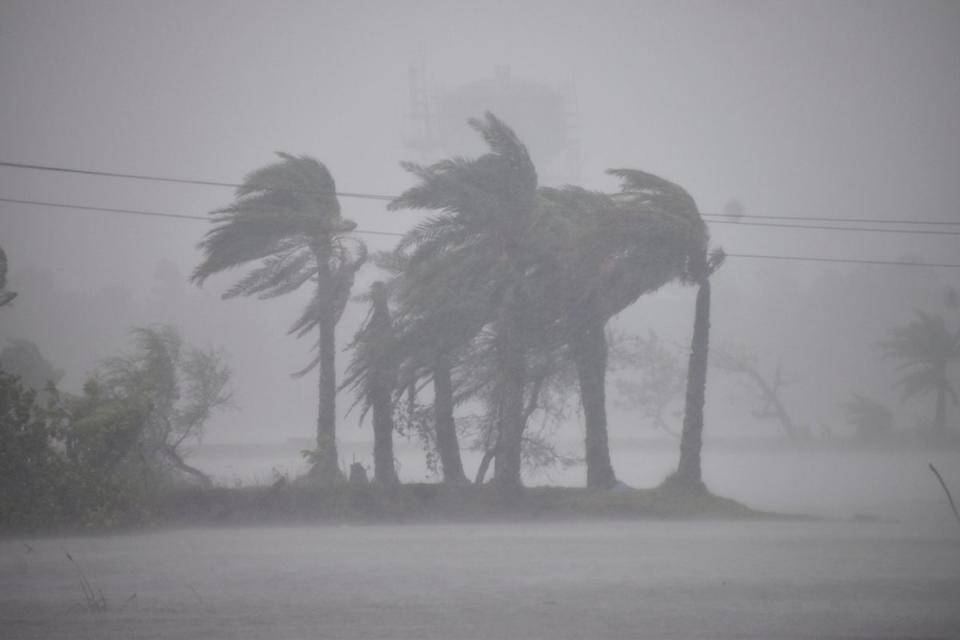
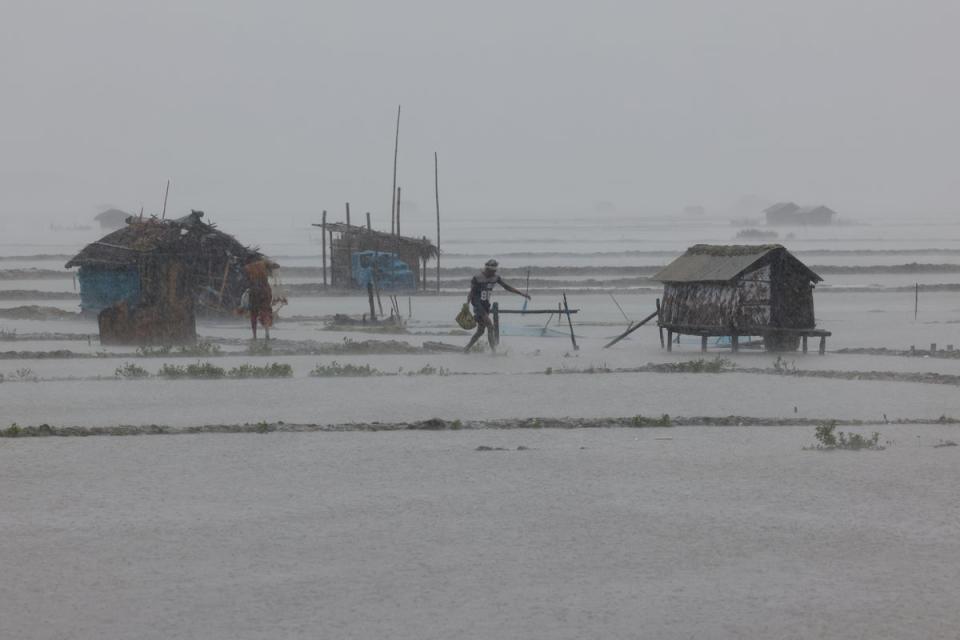
The cyclone flattened more than 300 mud huts, blew away the roofs of some tin and thatched houses, and uprooted trees and about 1,200 power poles.
Nearly three million people were left without power in Bangladesh after authorities shut down electricity supply to some areas in advance to avoid accidents.
In preparation for the storm, Bangladesh set up around 800,000 storm shelters and moved a million people while India moved people in low-lying areas to roughly 110,000 shelters.


